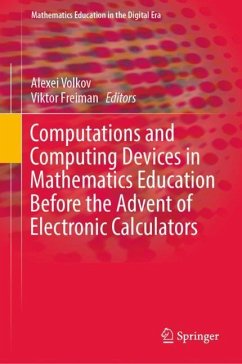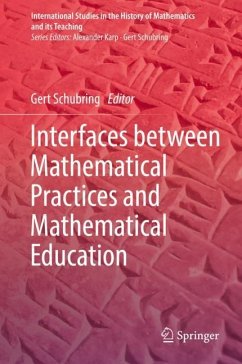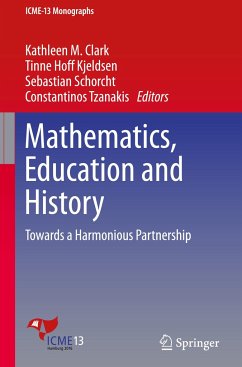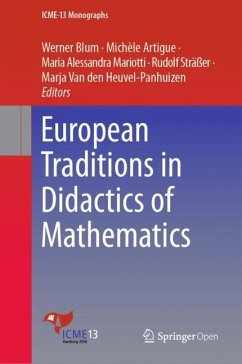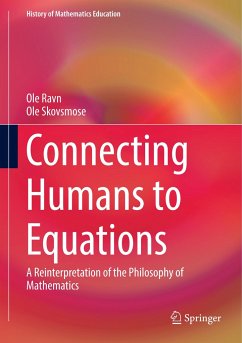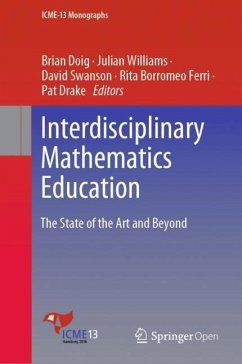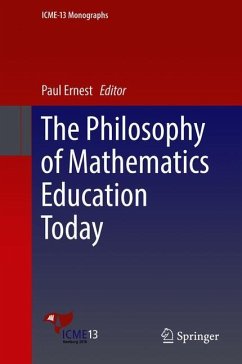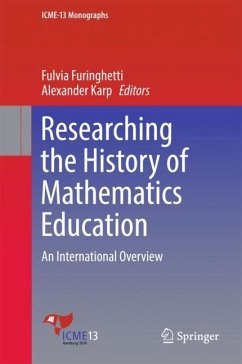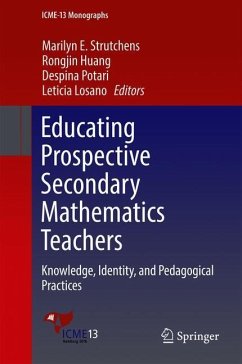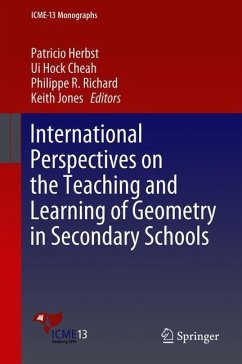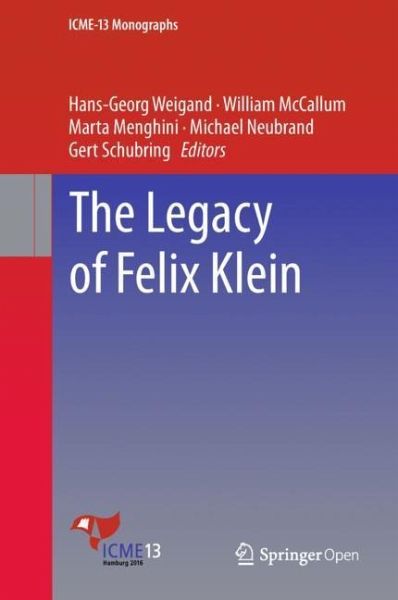
The Legacy of Felix Klein
Versandkostenfrei!
Versandfertig in 6-10 Tagen
38,99 €
inkl. MwSt.

PAYBACK Punkte
19 °P sammeln!
This open access book provides an overview of Felix Klein's ideas, highlighting developments in university teaching and school mathematics related to Klein's thoughts, stemming from the last century. It discusses the meaning, importance and the legacy of Klein's ideas today and in the future, within an international, global context. Presenting extended versions of the talks at the Thematic Afternoon at ICME-13, the book shows that many of Klein's ideas can be reinterpreted in the context of the current situation, and offers tips and advice for dealing with current problems in teacher education...
This open access book provides an overview of Felix Klein's ideas, highlighting developments in university teaching and school mathematics related to Klein's thoughts, stemming from the last century. It discusses the meaning, importance and the legacy of Klein's ideas today and in the future, within an international, global context. Presenting extended versions of the talks at the Thematic Afternoon at ICME-13, the book shows that many of Klein's ideas can be reinterpreted in the context of the current situation, and offers tips and advice for dealing with current problems in teacher education and teaching mathematics in secondary schools. It proves that old ideas are timeless, but that it takes competent, committed and assertive individuals to bring these ideas to life.
Throughout his professional life, Felix Klein emphasised the importance of reflecting upon mathematics teaching and learning from both a mathematical and a psychological or educational point ofview. He also strongly promoted the modernisation of mathematics in the classroom, and developed ideas on university lectures for student teachers, which he later consolidated at the beginning of the last century in the three books on elementary mathematics from a higher standpoint.
Throughout his professional life, Felix Klein emphasised the importance of reflecting upon mathematics teaching and learning from both a mathematical and a psychological or educational point ofview. He also strongly promoted the modernisation of mathematics in the classroom, and developed ideas on university lectures for student teachers, which he later consolidated at the beginning of the last century in the three books on elementary mathematics from a higher standpoint.





